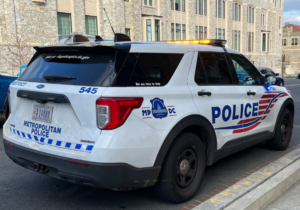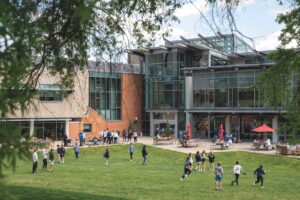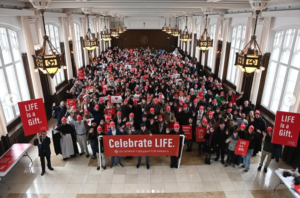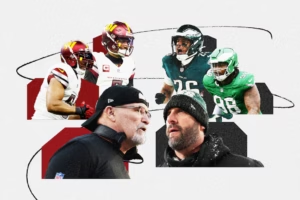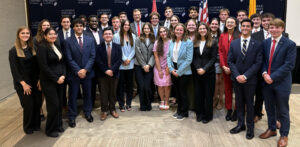College Student Leaders Talk Bipartisanship in Downtown D.C.
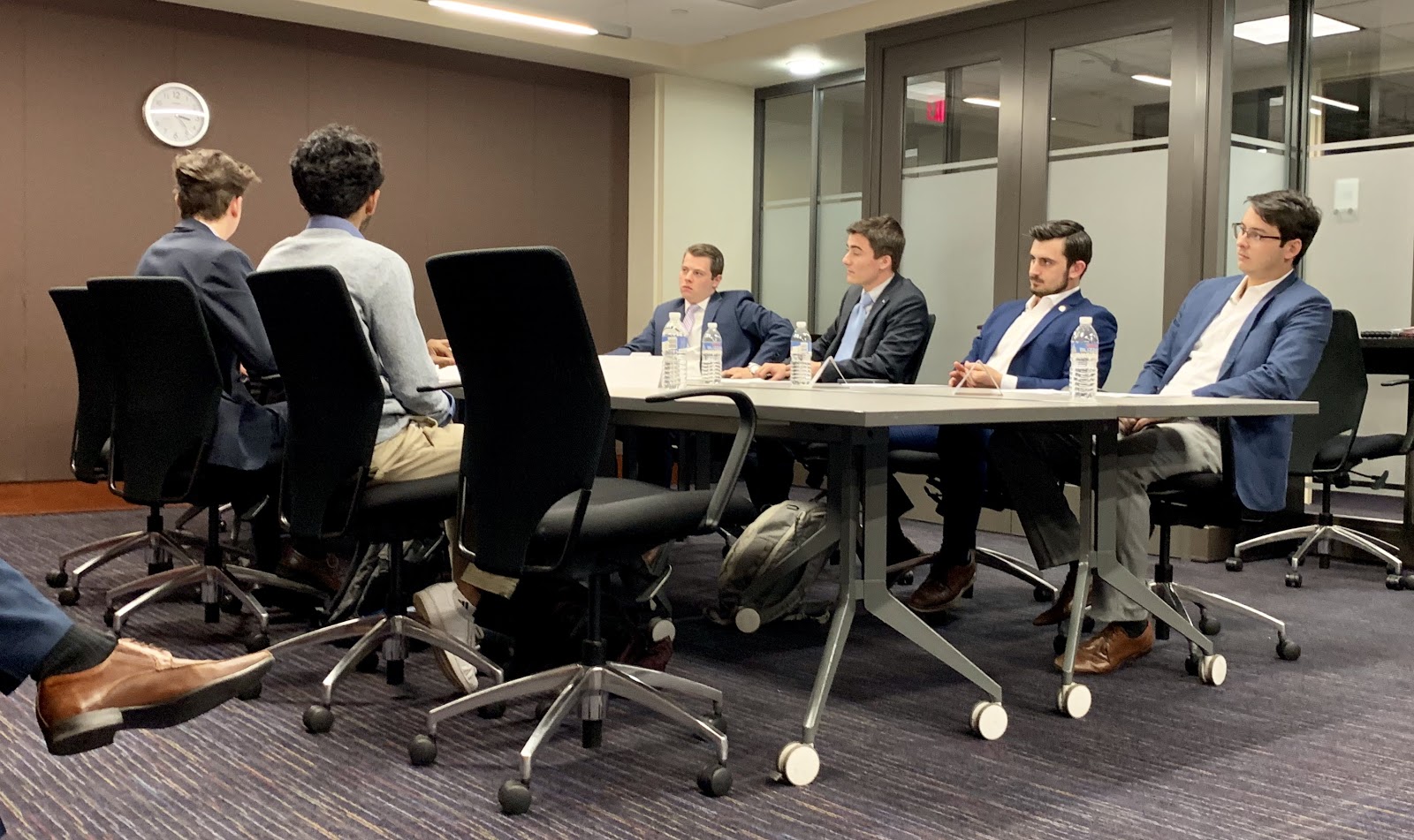
By Thomas Curry
Student leaders from colleges across the district congregated downtown this past weekend to discuss bipartisanship between both Democrats and Republicans and how civil discourse can be achieved through the power of student organizations.
Leaders from College Democrats and College Republicans of Catholic University of America, American University, Georgetown University and George Washington University met at the Bipartisan Policy Center (BPC) for a lighthearted and civil debate hosted by Matthew Weil, director of the Bipartisan Policy Center’s Elections Project.
The BPC is a non-profit organization and think tank based in D.C. that aims to, “[combine] the best ideas from both parties to promote health, security, and opportunity for all Americans. BPC drives principled and politically viable policy solutions through the power of rigorous analysis, painstaking negotiation, and aggressive advocacy.”
The talk was meant to bring both sides together to peacefully and civilly talk about the state of political affairs on each campus, and to propose a resolution that will aid in on-campus bipartisanship.
Among the main topics discussed by Weil, the student leaders regarded students not involved in any political organization on campus, asking if anybody feels that they can’t express their opinions or be who they are because they feel that they would be ostracized for their political beliefs, whether they be liberal or conservative. Representatives related the question back to building personal relationships in-person as opposed to engaging on social media.
“Social media is not always the ideal platform for expressing political views,” said Justin Barquet, president and representative Catholic University College Republicans. “While there definitely can be potential to have a meaningful, civil conversation on Twitter, Facebook or other social media, this has the potential of encouraging more hostile outcomes than talking in person.”
Another major topic introduced by Weil asked the students to answer if both sides of the political spectrum have equal opportunity for discussion on campus. Everybody in attendance representing their respective organizations came to the conclusion that all organizations are willing to work with one another.
“[Georgetown University] is a good institute in terms of allowing to bring people of different ideologies and backgrounds together,” said Jake Lyons, representative of Georgetown University College Republicans. “We’re strong believers of colleges being a place of free speech. There should be a clear balance of civil discourse and free speech.”
“Twice a year, once a semester, College Democrats and College Republicans have a debate with each other,” said AJ Williamson, representative of Georgetown University College Democrats. “It’s always a very fun and very informative. We usually never have any problems between our clubs.”
Questions regarding leadership on campus versus leadership on a professional and national level arose, with representatives agreeing that the polarization that has occurred in the recent years in Washington, D.C. has better helped raise awareness of the importance of making decisions with bipartisanship being an important step to take into consideration.
“I believe our College Republicans E-Board has a better relationship with College Democrats than we do with our Young Americans for Freedom or other independent political organizations, because of all of the events we put in together throughout the year,” said Jordan Bell, President and representative for American University College Republicans.
Once the debate concluded, a resolution regarding the topics talked about was proposed to all of the representatives. The resolution highlighted the importance of harnessing bipartisan energy and talking to the other side of the political spectrum as people. The end goal of the resolution is for political organizational leaders to foster bipartisanship, primarily by hosting events with each other to help overall leadership for their respective universities.
“A lot of this is easier said than done, saying that we are going to be bipartisan,” said Garret Hoff, representative for George Washington College Republicans. “It’s a very delicate balance, but the best leaders find a way to bring people into a room and talk without any hostility.”

